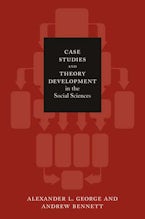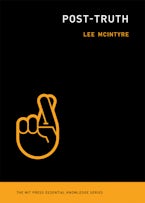The healthcare industry in America consists of a multitude of specialty professions. While most of these require licensing through state agencies, the legislation involved largely rubber stamps the desires of the professional associations, self-perpetuating and self-regulating bodies that effectively impose restrictions on entry to the profession, type and location of practice, and advertising. Professionalism and the Public Interest provides a case study of one such profession—optometry and vision care—as a means of arriving at some valid general conclusions about professional practices, especially (but not exclusively) those in the medical field. To what extent does the practice of self-regulation promote self-interest over the public interest? And are the high, fixed-fee, noncompetitive, unadvertised prices set for services justified by the "noncommercial," "professional" quality of those services? One of the major conclusions of the book is that the high prices that prevail in optometry—and medicine generally—restrict full access to the affluent, which actually lowers the quality of health care available to the average citizen, whereas a competitive price structure would tend to raise the quality of such available to the public at large. Begun skillfully handles the instrumental resources in sociology, political science, and economics in his analysis, much of which is based on a data set that he assembled from a national survey of optometrists. State-by-state comparison of legislation relating to the optometric profession is provided, including information on which states require continuing education of optometrists, which states prohibit advertising by optometrists and opticians, and which states restrict mercantile location.












